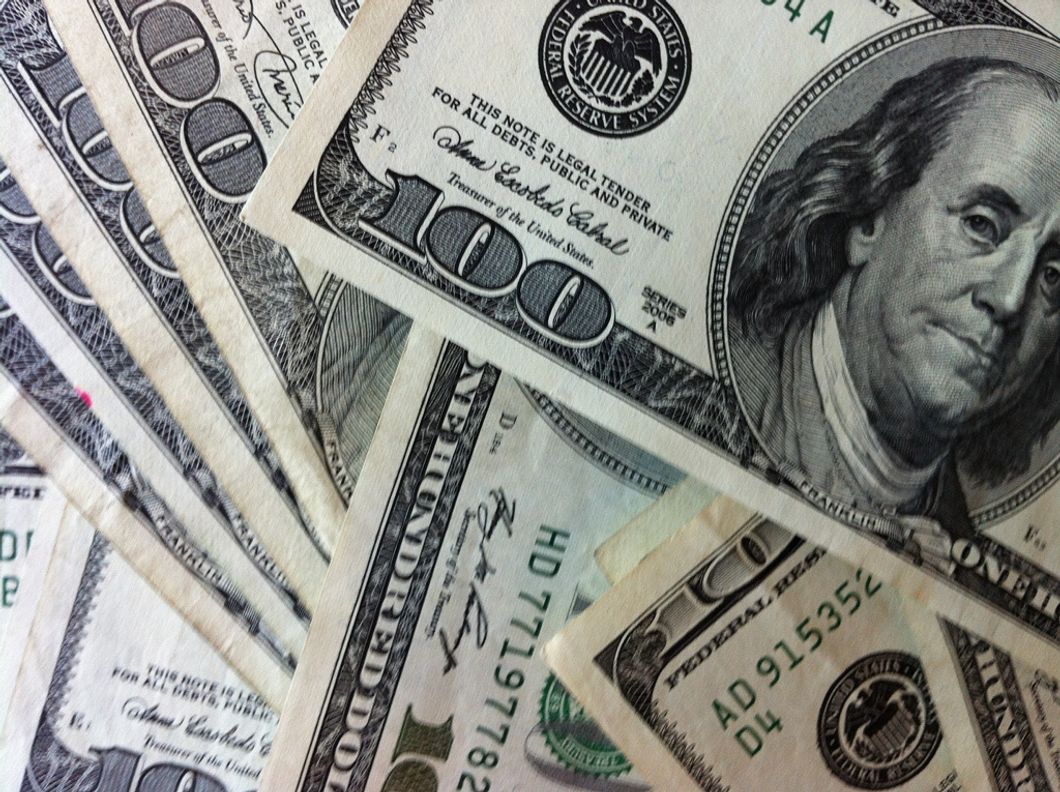When discussing taxes today, so many politicians are quick to rush to the adage "tax the rich." Bernie Sanders has called for the rich to be taxed higher to pay for Medicare for All. Alexandria Ocasio-Cortez has called for a 70% tax on the wealthy.
However, all of these proposals are missing a key thing: a true definition of rich.
When thinking about what counts as rich, it is important to distinguish between the "working wealthy" and the "investment wealthy."
The working wealthy are the people in society that get paid highly because they have a high skill set and provide an extremely valuable service that they deserve just compensation for. This class is made up of professionals like lawyers, doctors, and CEOs. In addition, the working wealthy are characterized by another crucial aspect: over a long term calculation of their earned income over time, they don't come out as prosperous as their annual incomes would seem to suggest. This is because this set of the wealthy has to plunge into student debt for degrees that take years to acquire. These jobs generally also require a huge amount of time invested in lower-paying positions, apprenticeships, and internships before the big-money starts coming in.
On the other hand, the investment wealthy is completely different. These are the people that merely sit back and manipulate money without truly contributing to anything in society. A vast majority of this class is born into money and they use investments into stocks and bonds as well as tax loopholes to generate their money without actually contributing much to society as a whole.
What makes the investment wealthy so different from the working wealthy is their ability to use manipulative techniques to avoid paying taxes. While the working wealthy are rich, they do not have AS many resources or connections to manipulate tax laws the way that the investment wealthy can. The investment wealthy has access to overseas banking accounts to wash money though. The investment wealthy can afford lawyers to comb over tax laws and find loopholes for ridiculous prices. This is tax evasion that the working wealthy simply does not have access to.
That is why it is so incredibly important to make sure that we distinguish between the two when discussing tax policy. When we use blanket statements like "tax the rich," we forget the real reasons that the investment wealthy are able to pay such low taxes now. Imposing a larger marginal tax rate will only give them more incentive to move around taxes while squeezing the working wealthy even more.
Because of this, in our taxation discourse, we need to focus first on making sure people pay their taxes, to begin with. Things like a tax of Wall Street speculation, capital gains taxes, a closing of loopholes, and a simplification of the tax code. These things will have a marked improvement in making sure that the investment wealthy actually pays the taxes we already expect of them now. If we stick to the same message, the only thing we will be changing is the rate that the uber-wealthy are avoiding.

















